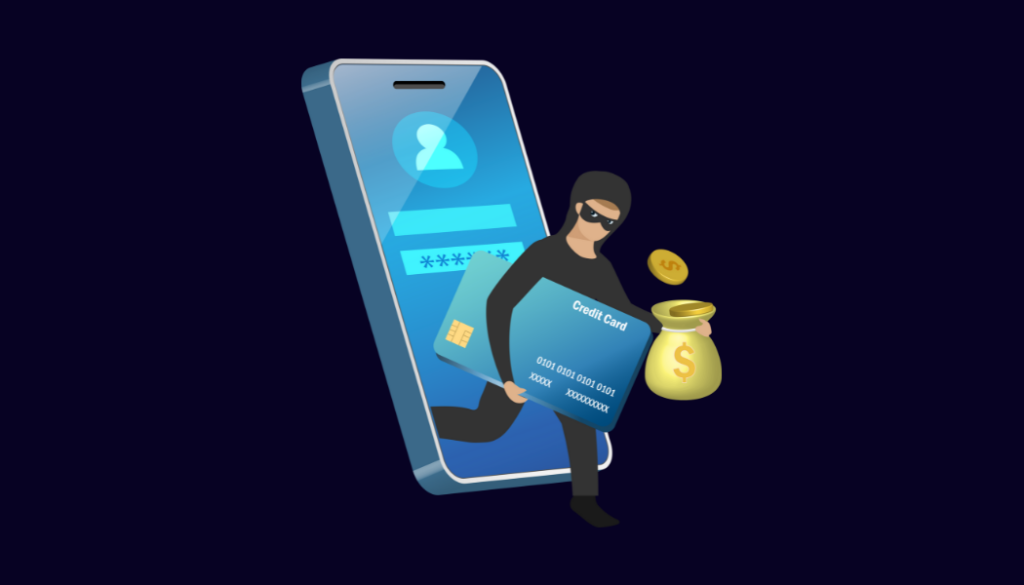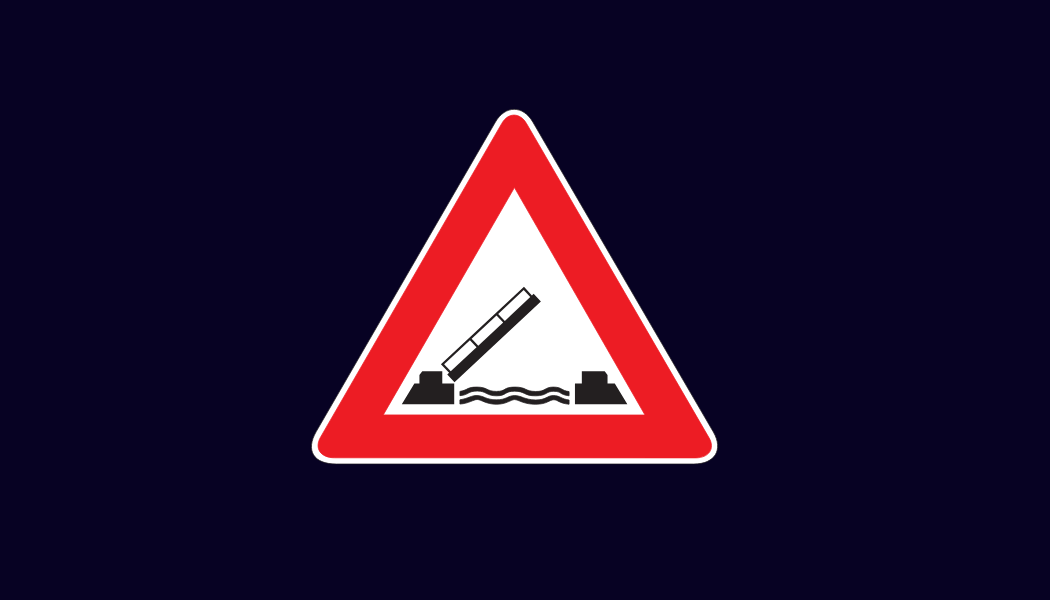On the Internet, consumers have to deal with various scams, with phishing at the top of the list.
First and foremost: phishing involves sending misleading e-mails or messages, in the name of a well-known company, with the intention of misappropriating personal and/or banking data.
To avoid falling into the trap, here is some advice from the CEC Luxembourg:
🖥Never click on a link or attachment that looks suspicious.
🖥Keep in mind that your bank will never ask you to verify your contact details by e-mail or SMS. So never respond to such requests.
🖥Contact the company or institution that may have sent you a suspicious sms or e-mail to verify its authenticity; check its contact details directly on its website.
🖥Delete any fraudulent e-mails or sms.
🖥Don’t forward suspicious or fraudulent e-mails or sms to your contacts.
As a reminder, the mission of the Centre Européen des Consommateurs GIE Luxembourg (CEC Luxembourg) is to inform, advise and assist Luxembourg and European residents, free of charge, in their cross-border disputes.



